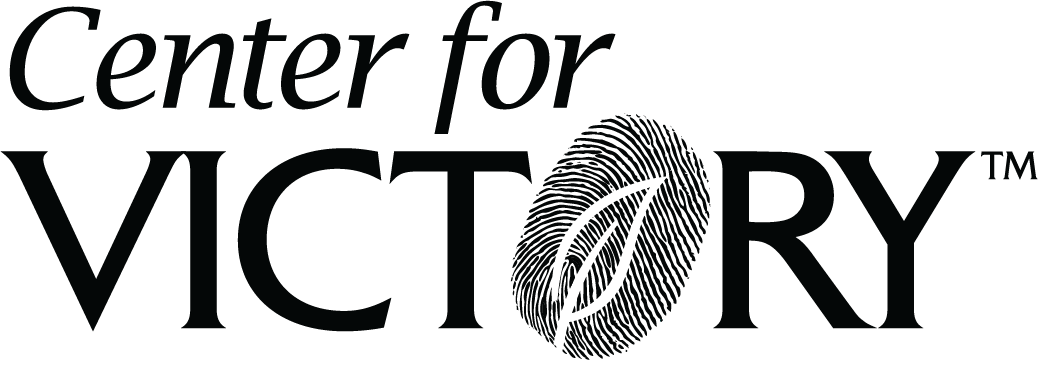
8 Questions Self-Aware Leaders Should Be Asking Themselves
Increasing self-awareness should be at the forefront of your leadership development. Being aware of ones strengths, weaknesses, style, personality, preferences, etc., has a significant impact on how leaders behave and interact with others. So what questions should you be asking yourself to increase your self-awareness?
1. Do I understand the triggers and stressors in my life?
Understanding what causes you stress allows you to have a plan for processing it. Once you understand what you need to do to process the stress, you’re less likely to allow it to affect how you lead and interact with those around you.
2. How do I react to criticism?
Do you immediately get defensive when confronted with criticism or do you ask yourself what you can learn from the experience? Accepting constructive criticism will help you grow both personally and professionally.
3. Do I continuously try to learn more about myself?
Having a true understanding of your strengths, weaknesses, personality, preferences, etc., allows you to have an intentional impact on your work environment.
4. Do I ask for feedback?
How can you truly learn about yourself if you aren’t asking for feedback from the people you interact with regularly? The key here is to remain open to the feedback and not react negatively.
5. Do I customize my feedback based on the individual receiving it?
You need to understand what drives your employees to properly motivate them. What works for one person, may have the opposite effect on another. Take the time to get to know your employees so you can customize your approach.
6. Do I notice the tone of voice I use when speaking to others in the workplace?
When speaking to others does your tone sound hostile, aggressive, condescending or do you sound friendly, upbeat, motivating? Your tone will play a role in how people receive what you are saying to them.
7. Do I practice active listening?
Active listening is all about building rapport, understanding, and trust. It helps you truly understand what people are saying in conversations and meetings (and not just what you want to hear, or think you hear)
8. Have I completed a 360-degree review?
A 360-degree review includes feedback from co-workers, direct reports, and your managers which provides a well-rounded and balanced view of your skills and behaviors.
If you want to be an effective leader you need to take the time to learn about yourself. Reflect upon the impact your interactions have on others and listen to the feedback others give you. Working to understand and develop yourself will play a huge role in your ability to effectively lead others.
From January 22, 2019
Search Posts
Subscribe!
Recent Posts
- Episode 226: Around the World May 28, 2025
- Episode 225: Better Beats Perfect May 23, 2025
- Episode 224: Pavement to Purpose May 15, 2025
- Episode 223: The Talent Trap May 6, 2025
- Episode 222: Creating What’s Next April 29, 2025
